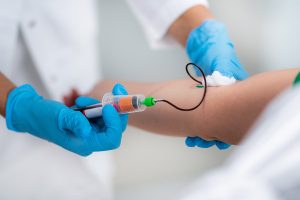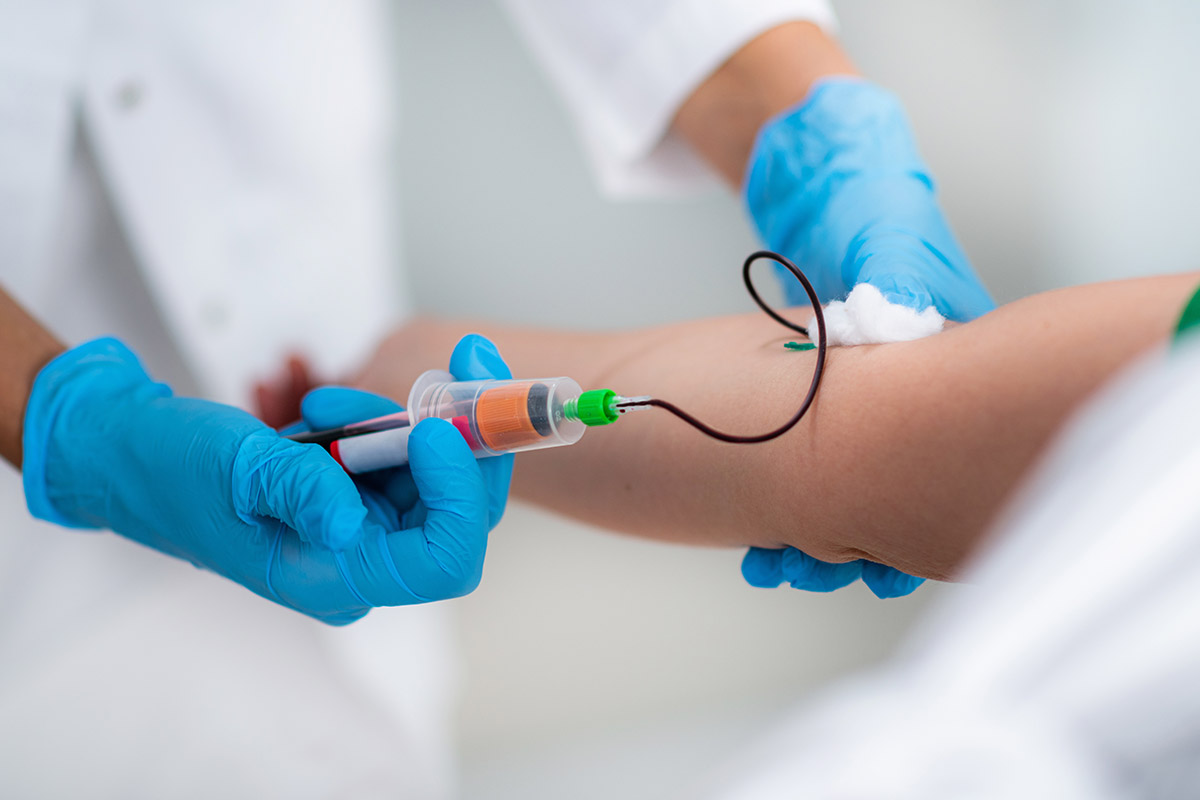DWI Accident & Intoxication Manslaughter
A DWI accident will always draw the attention of law enforcement. If an innocent person is killed in the accident, the drunk driver can be charged with intoxication manslaughter, a second-degree felony in Texas. As with any DWI case, the prosecution must prove the defendant was intoxicated at the time of the accident, which is typically established through a blood or breath test.
Right to Refuse a Test
You always have a constitutional right to refuse consent to a test. Your refusal means the police must first obtain a search warrant before proceeding with any blood draw. Any action you take that can be interpreted as giving consent may be taken as such, not only by the police but later by the court.
Hinojos v. State: A Recent DWI Accident Case
The Incident and The Evidence

Take this recent DWI accident case from Midland County, Hinojos v. State. In the early morning hours of March 4, 2017, a Texas Department of Public Safety trooper arrived at the scene of an auto accident. One vehicle–driven by the defendant–had moved into the lane of oncoming traffic and collided with a second vehicle. The driver of the second vehicle died.
When the trooper arrived, he said the defendant was located underneath the dash of his car, indicating he was not wearing a seat belt just before the crash.
Although the trooper said the defendant was initially “incoherent,” he was able to answer basic questions, such as giving his name. The trooper said he also noted there was an open container of alcohol in the defendant’s car, as well as a “green leafy residue” that was consistent with marijuana.
Emergency medical personnel took the defendant to a nearby hospital. The trooper advised the defendant of his rights. He then asked the defendant for permission to take a blood draw. The trooper said the defendant initially replied, “yeah.” The trooper then asked a second time for clarification, “Was that a yes?” The trooper said the defendant replied, “Yes.”
Challenging the Blood Test Results in Court
The defendant later challenged the admission of the blood test results in court. He maintained he did not give voluntary consent to the draw. An expert witness retained by the defense opined the defendant had suffered a “traumatic brain injury” in the accident, and that in turn would have affected his capacity to consent to the draw.
The Trial Court Ruling
The trial court rejected this argument and held the blood test evidence was admissible. The defendant then entered a guilty plea, reserving his right to appeal the judge’s ruling. On appeal, however, an appellate court said the trial court acted within its discretion.
The Appeal and Final Decision
Specifically, the Court of Appeals noted that when cross-examined, the defense’s expert conceded that a radiologist who examined the defendant’s test results shortly after the accident concluded there was no traumatic brain injury. The expert said he had “no reason to disbelieve” the radiologist. And to the extent there was contradictory evidence on this point, the appellate court said the trial judge was entitled to “believe or to disbelieve all or any part of the witnesses’ testimony.”
Need Legal Assistance with Similar Criminal Charges?
Call Tad Nelson & Associates Today!
Remember, you never have to give the police consent to conduct any search of your person or property. This includes consent to a blood test. And if you are arrested on criminal charges following an auto accident, your first call should be to a qualified criminal defense attorney.
Contact the Law Offices of Tad Nelson & Associates today if you need representation in connection with any DWI-related matter in Houston, Galveston or League City.














